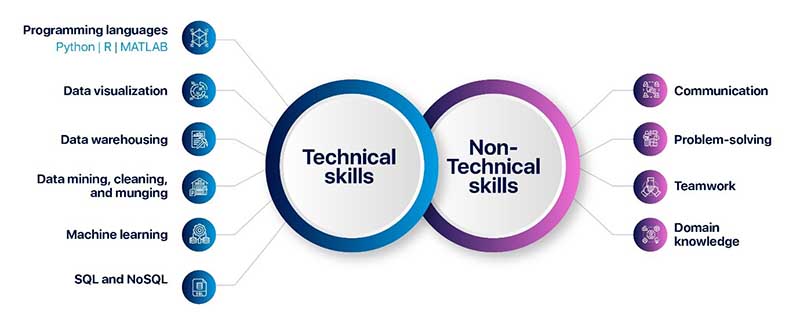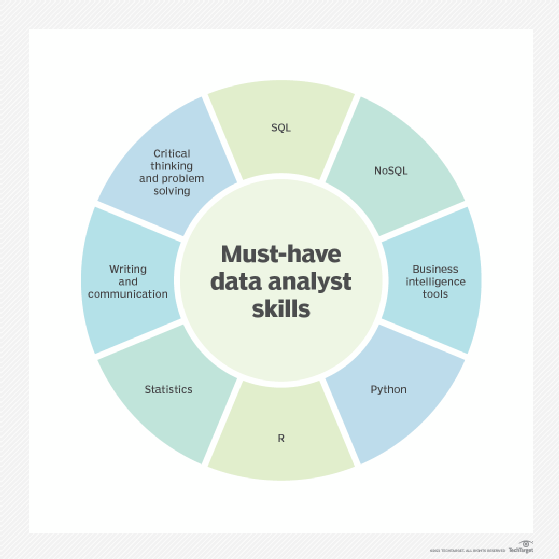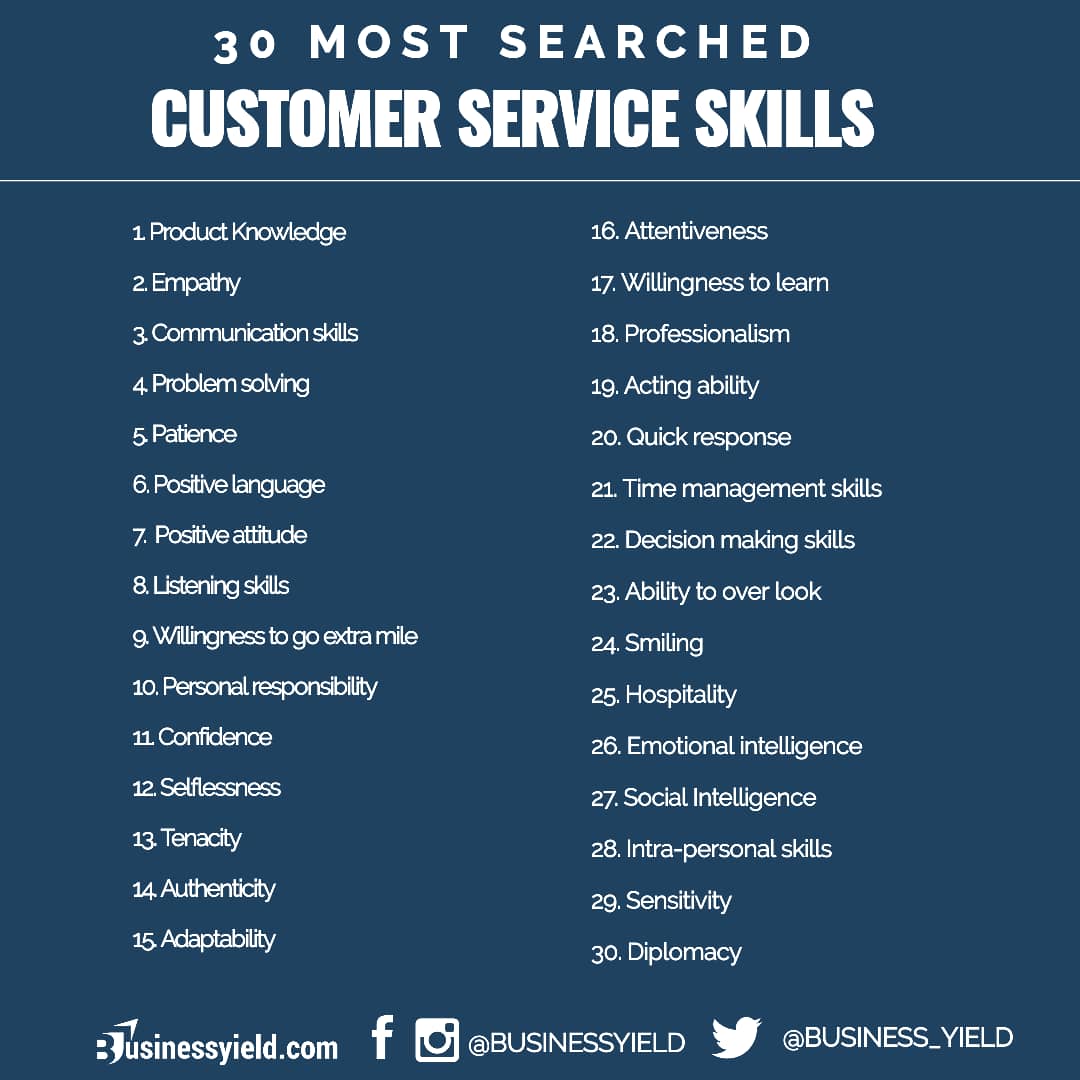What does a data analyst do roles responsibility career path
Table of Contents
Table of Contents
Are you curious about the Skills for Data Analyst? If you’re interested in working with data, you need to have the skills that will help you excel in the field of Data Analytics. In this article, we’ll explore some of the essential skills for data analysts and why they matter.
What pain points do Data Analysts encounter?
Data analysis isn’t just about interpreting charts and graphs. It requires a broad range of skills, including knowledge of data management languages, software packages, and a keen sense of the market and its needs. Even more challenging is staying updated with the latest trends in technology and techniques, and knowing how to use them to create actionable insights.
The Target of Skills For Data Analyst
The key goal of a Data Analyst is to analyze data to identify trends and extract insights that can help businesses make better decisions. In other words, Data Analysts translate raw data into meaningful insights that businesses can use to improve their products, customer experiences, or market positioning. To achieve this goal, a Data Analyst needs to have a set of skills that can help them effectively analyze data and communicate their findings to non-technical stakeholders.
Main Points of Skills For Data Analyst
Data analysts need to be proficient in data management software packages and understand how to work with data in the correct formats. They must also have exceptional problem-solving skills and be able to identify trends and patterns that will help businesses improve their offerings. Additionally, Data Analysts should have a strong foundation in statistics, probability, and other mathematics that are essential to data analysis and modeling. Finally, they should be able to communicate their findings effectively to non-technical stakeholders.
Skills For Data Analyst Target 1
One of the essential skills for a Data Analyst is proficiency in data management languages and software packages like SQL, R, and Python. In my personal experience, I have found that knowing these languages lets you handle large data sets more efficiently, and querying complex data sets is much faster. Similarly, using scripts to handle repetitive tasks ensures consistency in analysis.
 Skills For Data Analyst Target 2
Skills For Data Analyst Target 2
Another important skill for Data Analysts is the ability to communicate effectively with both technical and non-technical stakeholders. In my personal experience, this means being able to produce reports and dashboards that are understandable and provide actionable insights. Additionally, being able to explain statistical concepts in layman’s terms is critical when discussing analytical insights with nontechnical stakeholders.
 ### Importance of Data Visualization
### Importance of Data Visualization
Data Visualization is the art of turning numbers into pictures, and it’s an essential skill for Data Analysts. A well-designed visualization can help you communicate your data insights effectively and efficiently. Additionally, with the help of modern techniques like Interactive Dashboards, you can make your visualizations more immersive and engaging.
 #### Data Analytics Best Practices
#### Data Analytics Best Practices
When working with data, it’s essential to follow best practices to ensure that your analysis is accurate, repeatable, and transparent. One such practice is to ensure that your data sources are accurate and complete. Another is to use statistical techniques to clean and normalize the data. Finally, documenting your analysis process and assumptions is vital to ensure that your colleagues can replicate and validate your findings.
Data Analyst Q&A
Q: What are the top traits that successful Data Analysts possess?
A: Successful Data Analysts possess a range of skills, including analytical thinking, problem-solving, attention to detail, and strong communication skills.
Q: What are some common statistical techniques used in Data Analysis?
A: Some common statistical techniques used in Data Analysis include Regression Analysis, Time Series Analysis, and Cluster Analysis.
Q: What methods do Data Analysts use to clean and normalize data?
A: Data Analysts typically use a range of techniques such as outlier removal, missing value imputation, and scaling of variables to normalize and clean data.
Q: How do Data Analysts ensure their analysis is accurate?
A: Data Analysts ensure their analysis is accurate by following best practices, such as ensuring data sources are accurate and complete, using statistical methods to clean and normalize the data, and documenting the analysis process and assumptions
Conclusion of Skills For Data Analyst
Skills for Data Analyst are a complex mix of technical and soft skills. The most successful Data Analysts have a strong foundation in data management, programming, and statistics, coupled with strong communication, problem-solving, and analytical thinking skills. By mastering these skills, you can excel in the field of Data Analytics and unlock new insights that can help businesses make better decisions.
Gallery
10 Kemampuan Data Analyst Yang Perlu Dikuasai | FineReport

Photo Credit by: bing.com / analyst finereport analysts becoming dikuasai kemampuan
Top Data Analyst Skills You Need To Master In 2021

Photo Credit by: bing.com / analyst
11 Data Analyst Skills You Need To Get Hired In 2021

Photo Credit by: bing.com / analyst certifications analysts becoming
Top 8 Must-have Data Analyst Skills For 2021

Photo Credit by: bing.com / analyst
What Does A Data Analyst Do? Roles, Responsibility & Career Path

Photo Credit by: bing.com / analyst become intellipaat responsibilities






